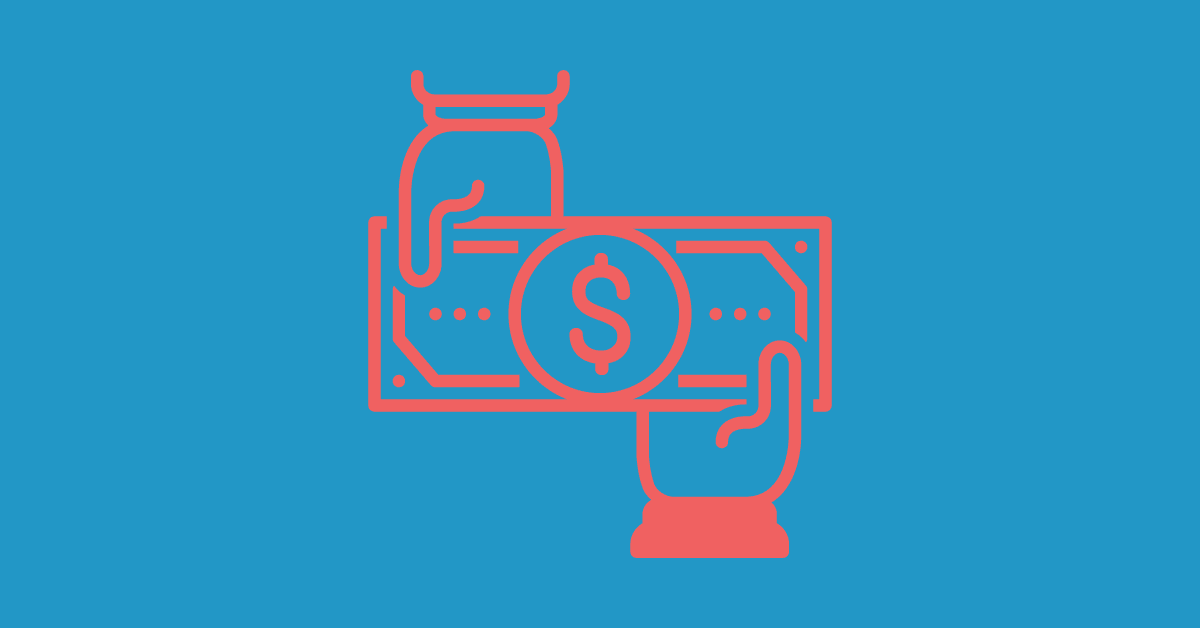Thousands of people are injured in the United States each day due to the reckless actions of others, including auto accidents, medical malpractice, premises liability, faulty products, etc. When the injured are unable to work, medical bills and monthly expenses pile up. Filing a lawsuit against the individual or company and obtaining compensation for injuries takes time.
According to Nolo research, a personal injury lawsuit case can take anywhere from six months to three years to settle. While some lawyers are confident enough in a case not to take any retainers or require any up-front fees, lawsuits are pricey – especially for smaller firms. Fortunately, there are some lending options lawyers can refer their clients to help cover their expenses and bills. Personal injury litigation funding or personal injury lawsuit loans allow plaintiffs to get the funding they need. We’ll go over how it works and the benefits for clients and lawyers.
Benefits of personal injury lawsuit loans
Clients who are desperate for money are often anxious for their cases to settle. They may become impatient and make a decision based on desperation. Instead of holding out for a higher settlement or taking the case to court, they’ll jump at the first offer. A personal injury compensation loan or “advance” provides your client with cash on hand, giving you the time needed to get them their maximum compensation.
What is a lawsuit compensation loan?
A personal injury litigation funding is an advance loan against any future settlement or award you may be entitled to receive. This type of advance goes by various names, such as lawsuit cash advances, litigation financing, lawsuit funding, and settlement funding.
Borrowing against a future settlement or judgment can help plaintiffs overcome short-term financial hurdles. However, this option can be costly for clients in the long run, but everyone’s needs vary. Clients should carefully weigh the pros and cons before deciding to take an advance against their settlement.
How does the process of obtaining personal injury loan work?
After a personal injury lawsuit is filed, plaintiffs can apply for the loan with a third-party lawsuit funding company. The company evaluates your client’s case to determine what they can expect to receive if they win a trial or you’re able to negotiate a settlement. The lender provides the loan based on the details of the case and offers an amount available to the clients within as little as 24 hours, but typically the lending process takes a few weeks.
In exchange for the loan, they agree to repay the lender that sum of money along with a funding fee. This is where these loans and advances differ depending on the lender. Some charge a flat-rate percentage of the settlement with no additional fees. Others charge a monthly percentage of the advance until the case is settled. Keep in mind that these can add up quickly for plaintiffs if the case takes a while to settle.
How are the personal injury settlement loans repaid?
The Personal injury litigation funding is paid from the judgment or the settlement funds, but only after all other expenses are covered. Certain expenses will be paid off at the top of a lawsuit, including your attorneys’ fees, the expenses of litigation (process server fees, copy costs, court costs, etc.), and medical liens. After these priority expenses are paid, the lender is paid. If the case is lost, your client doesn’t need to repay the loan. The lender assumes the risk associated with this funding. Because there is a significant risk, lenders often charge more in interest than other types of loans.
Are there additional borrower requirements to borrow Personal Injury Lawsuit funding?
Personal injury litigation funding or advances don’t usually require a high credit score, proof of income, employment, or other strict requirements other lenders require for personal loans. Although these loans are unsecured, you’ll need to work with their lender to provide case details for them to determine eligibility. There are no monthly payments to make.
Does a lawsuit need to be filed to get personal injury advance loans?
There must be a viable claim to apply for personal injury litigation funding. The investor will need to know there is a strong likelihood of a settlement to tap into. Litigation funding companies determine if the claim is worthwhile by reviewing the materials that have been filed with a court. An established personal injury claim makes it easier for the litigation funder to ensure that the claim is worth the risk.
In rare circumstances, a lender will extend an advance of funds to someone involved in a class-action lawsuit. However, those claims often require extensive documentation.
Are there restrictions on how loan against personal injury settlementis used?
Personal injury cases, including auto accidents and premises liability cases, are the most common causes of litigation funding. However, some companies expand to offer advances and loans for medical malpractice, product liability, employment discrimination, etc.
Are these loans on settlement of personal injury regulated?
Although some state legislatures are considering regulating personal liability lawsuit loans, there is little regulation as of 2022. Congress and the Consumer Financial Protection Bureau have yet to address these loans. If you want to suggest these funding options to your clients, it may be worth checking out reputable lenders to point plaintiffs in the right direction.

